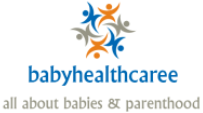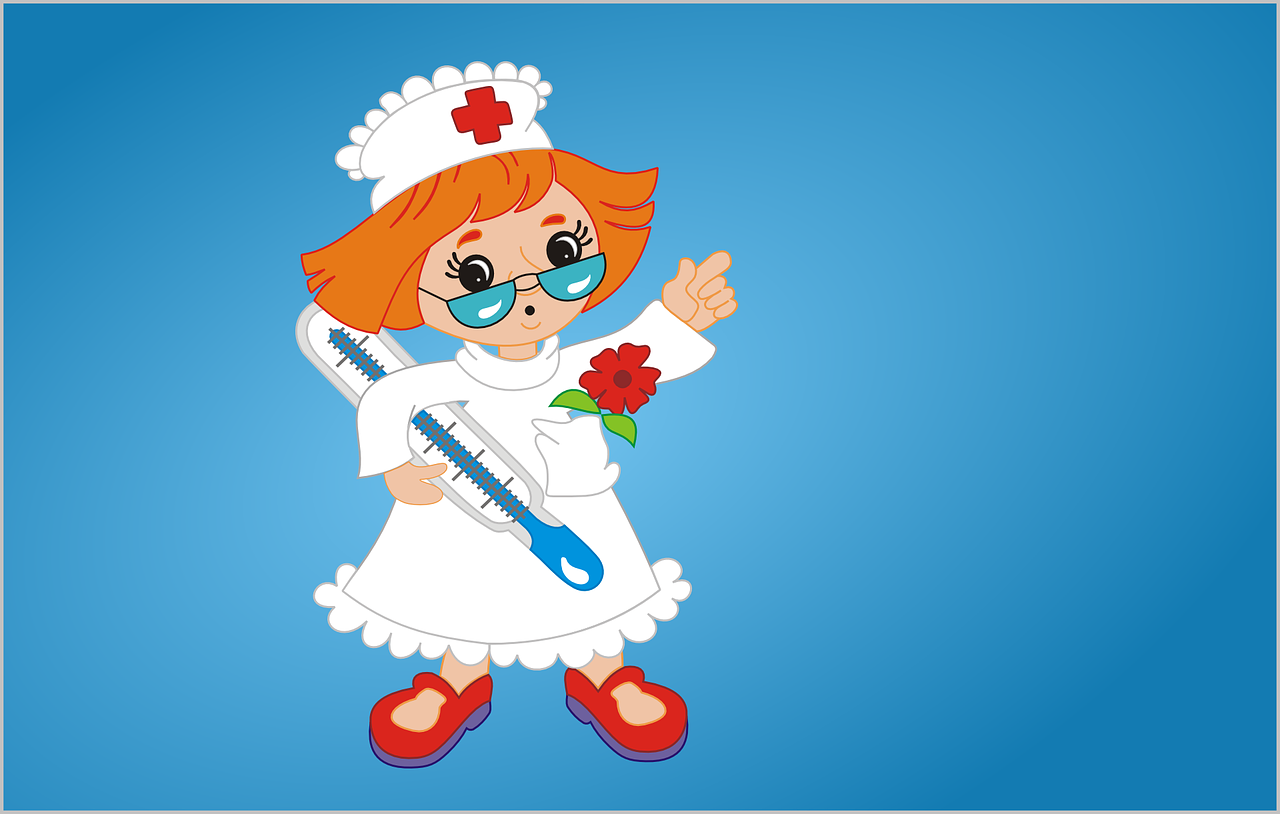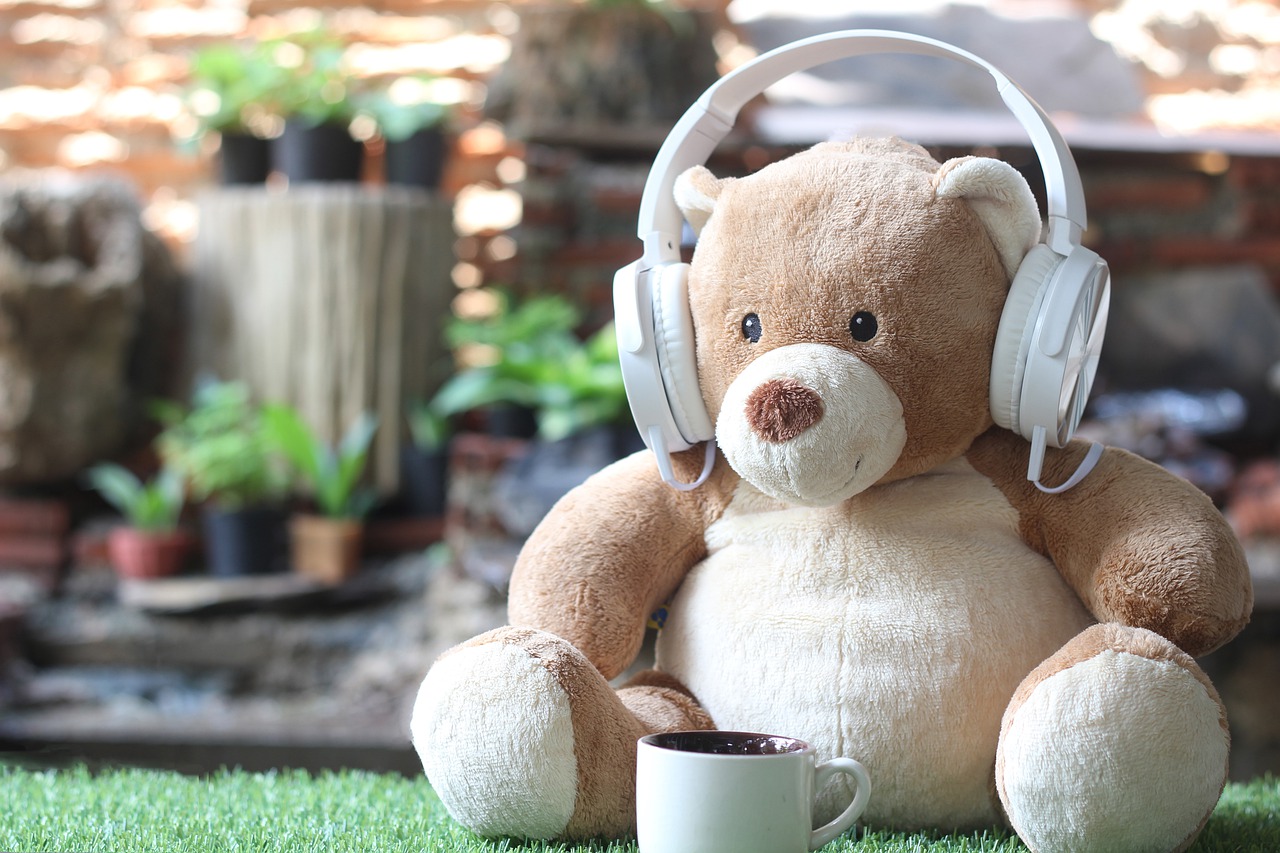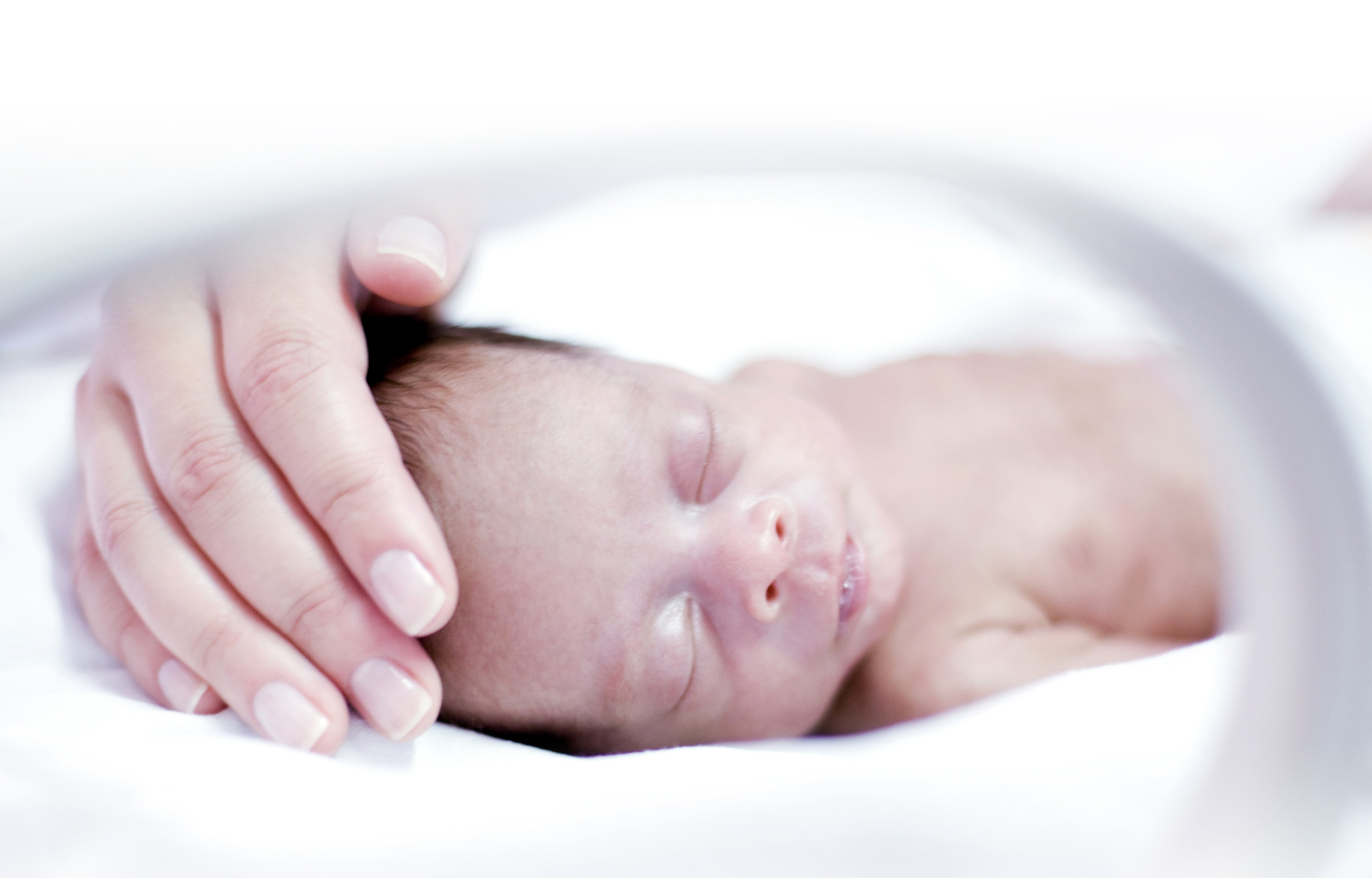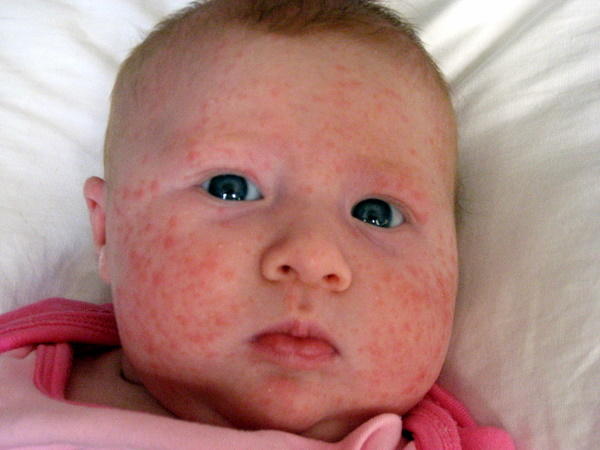Being a parent it is the scariest feeling when your baby has a fever. What will be your feelings when your newborn or infant has a high fever? Obviously, this is not good at all for your baby’s health. About every baby gets a fever from time to time and there is not any particular reason for fever in babies.
The fever itself is not a dangerous and even good sign that the baby’s body is fighting against infection. Dissimilarly when a baby wakes up frequently in the night and seemed hot + sweaty then it can make you nervous. What to do next? Should I get a thermometer or should I call the doctor?
Anyways health providers say that fever is a sign of a good immune system; it happens when the baby’s body internally battles with any problem. Newly born babies are rich in vulnerable bodies so their fever can link a serious infection.
This informative article will let you know all types of symptoms, causes, preventions, and many fever-related facts. If you are looking for this info then have some time and read this page relaxingly.
How to know my baby has a fever?
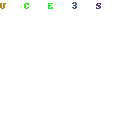
The rectal thermometer is the best option for checking baby fever. Often people prefer this type of thermometer and get accurate results for babies. Examining fever in babies is all depends on the methodologies that you follow. Bellow temperature measurements are considerable for baby fevers.
- Above 100.4°F (by rectal thermometer)
- Above 100°F (by oral thermometer) (not accurate in infants)
- Above 99°F (by an armpit thermometer)
Usually, oral thermometer results are not accurate for infants. Fever is not a considerable symptom of a serious illness but it just an alarm that something happening wrong in the body.
Observe if your baby is active as before but having a warm body then it is Okay. Dissimilarly if a 3 months old infant having is 100.4°F then take it seriously. In this condition consulting a pediatrician is a must.
It is not necessary the intensity of fever is consulting with serious sickness but as a parent, you should take care of him. According to the medical, there are a lot of things responsible for baby fever and the fever can irritate them.
You can identify baby fever when he/she is crying frequently and having increased body temperature. Keep in mind the baby experience a few stages when their body temperature gets up especially teething age.
Normally the body temperature of babies all depends on their age and the condition they experience like sitting on a hot sunny day or playing on beach exacta. Infants to 2 years old babies have 97 – 100.4°F in particular conditions; while the 99.5°F temperature is average for newborns.
Normally a baby’s body temperature is higher than adults so, you cannot consider it fever. As a small body is unable to regulate the body temperature in a fine way so, it remains high in sometimes. The high metabolic rate is also high though they produce heat and their body leftover warmer.
Symptoms of fever in babies:
As a mother, you all know about your baby and his/her health conditions. Fever is a common health issue that occurs in babies. Few kids look fine in fever but many of them may experience typical symptoms.
High temperature is the main symptom of fever that you can easily observe. Frequent need for water is also one type of fever symptoms that often babies experience. A lot of cry and un-comfortableness with high temperatures is also considerable for baby fever. These symptoms are enough to confirm a baby fever. By observing below clues you may easily know that your baby is not fine at all. Let us have a look on;
- Poor sleeping
- Poor eating
- Lack of interest in play
- Less active or even lethargic
- Convulsions or seizures
are few confirming symptoms of baby fever. When you notify any type of these in your baby then you should check it by the thermometer.
Causes of fever in fever babies:
Normally the fever occurs when the hypothalamus (a particular part of the human brain) converts the set point of body temperature upward. Hypothalamus is also known as a human thermostat. Due to fever a baby may experience chilled sometimes and need frequent need of wrapping blanket.
A lot of sweat and shivering may increase the body temperature of babies. There is no more particular timing of fever in babies; it can happen throughout the day. Eventually, it seems lower in the morning and afternoon while up in the evening and night. The rising temperature of a baby might be caused by bellow things;
- Viral diseases
- Bacterial infections
- Heat exhaustion
- Inflammatory conditions
- Different body aches
- Ear infections
- Boney ache
- Teething
- Vaccine reaction
- Vaccine pain
- Pneumonia
- Roseola
- Cold
- Viral flu
- Chicken pops
For further thermometers are the best options for confirming baby fever. The way of examining fever in babies has already explained above. Notify if your baby looks flushed or sweating lot of then there must be something wrong.
Earache is not tolerated able for babies so, it can be responsible for fever. Often the earache happens at the night that makes babies awake. Rashes are highly itching and irritating. The high amount of rashes and poopy pimples results in baby fever.
Sore throat and a running nose are also not good for babies. Conceptualize if your baby has a running nose with running eyes and he/she is not getting interested in the feed then surely there must be a sore throat. In this condition, if the baby’s body temperature feels high means he/she is in a fever.
Stomach ache is the most painful condition in babies. In majority cases, stomach ache is caused by fever and it makes babies cry.
How to treat fever in babies?
Avoid wrapping or swaddling your baby with a blanket and extra clothes; no issues if the baby chills. This way you may keep the upcoming fever high in temperature. Just use only one layer of caw raping cloth or a thin soft blanket.
The room temperature of your baby should normal not too hot or not too cold. In the case of the high-temperature room, you may ON the fan but keep the baby away from the fan. Syrup Ibuprofen and Acetaminophen are two instant solutions for baby fever.
Both of these are recommended by pediatricians that you may prefer in high temperatures. Even you may discuss these medicines to the doctor for your baby. Both of these are not recommended for the 3-month-old infant so, you should to concern with a pediatrician and follow his/her prescriptions.
Before giving any type of medicine this is your duty to check labels and the dosage instructions that it tells. This way your baby will be safe from all kinds of disease causations. Giving acetaminophen or ibuprofen within each 4 to 6 hours is okay at all.
These medicines are not considered for less than 6 months old babies unless the pediatrician recommends. For elder kids, you can consider these a few times. The fact is in fever few babies look fine and they play as usual; try to observe the temperature and give medicines.
A lukewarm bath is better in temperature or you may use warm water for a sponge bath. Both are working if the kid already had medicine. Otherwise, the fever can bounce up so, be careful.
Never use cold water or alcohol rub in a fever bath; these may cause shivering and the situation can be worst.
Fever treatment for infants at home:
If you have an infant with 3 to 6 months old then you may treat him/her easily at home. There is no need to go to the doctor. Infants on mother feed will require smaller but frequent feeds. For 6 months old babies you may try some water, diluted fruit juice from time to time.
This random feed will not make your baby weak and helps to keep baby calm. Don’t worry! if an infant is not getting interested in this feed; their miserable condition is treatable.
Give paracetamol syrup for comfort as per on the dosage instructed on the label and let him/her have a nap. You may continue this treatment only for 2 days; conceptualize if your baby is getting fine now it would be okay. Otherwise consulting with a pediatrician is a must.
Baby at 4 to 6 months old can also have ¼ spoon of ibuprofen if needed. If you are going to give a sponge bath to your baby then avoid fan after the bath. Fan after sponge bath in fever will raise the temperature.
According to the Australian College of Nursing give fever medicines routinely if the baby in distress and having some fever.
When should i take my child to the hospital for a fever?
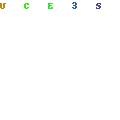
Considering a health provider is not bad at all. You can consult with a pediatrician when your baby has a fever with some other unusual conditions. If the baby seems divested, too tired and feels very sick means it is time to call the doctor.
If the fever lasts longer than 24 hours without having any particular symptom and the baby is only 2 years old or younger. This is not the usual condition please visit a pediatrician; tell all the history of your baby health.
Notify if the baby’s fever rising up to 103°F and does not go down with any medicine. In this high temperature avoid sponge or lukewarm bath and consult a pediatrician.
When the doctor prescribes antibiotics and you have followed the entire doctor’s instruction. After following all prescriptions still, the baby seems the same means something not working. Go to the doctor again, surely she/he will change the prescription or will suggest some tests.
Observe when a baby seems dehydrated in fever having dry lips and dry head. Do not take it lightly and consult your doctor. See if your little one has a severe cough, running nose and high temperature then don’t get late and go to the doctor.
Don’t take fever lightly in Newborns:
High fever in newborn babies is not usual at all. It might be a serious symptom of a health problem. As newly born babies are highly vulnerable to infections so, you can’t take their fever lightly.
Concern a child specialist for further treatment. The biggest health concern issue in the newborn is shortness of breath. They are tended to take their breath by the nose as compared to the infants and older kids.
The nose congestion can make their breathing difficulties. However, nose congestion with small airways could be disturbing for their breath and they consume less amount of oxygen. Lack of oxygen is serious of newborn health; so notify if your baby is not able to breathe well and having a fever means it’s time to go to the Doctor.
Tips for you:
According to AAP the (American Academy of pediatrician) taking complete care of a sick baby is a hundred times better than treating fever itself. Even though, here we have collected some caregiver ideas by experts for you.
- Observe all the baby’s activities and the energy level. If the baby seemed happy and having full comfort; it means he/she does not need treatment.
- Make sure the baby is hydrated because fever is the fundamental cause of dehydration. Feed your infant smaller but frequently and give plenty of water to your older kid. The electrolytic drink is also suitable for dehydrated kids.
- Give proper sleep to your sick baby and avoid disturbing his/her sleep for anti-fever medicine.
- You may give an anti-fever medicine if the baby is having pain somewhere. The dosage should be proper and instructed as per the label because of the baby age and weight matters.
- Do not try any new medicine at night due to the risk of reaction.
- Before giving any new medicine call your doctor and follow the suggestion.
- No problem if you are a busy one; avoid daycare center for your baby especially when he/she is sick.
Resource: Healthline
